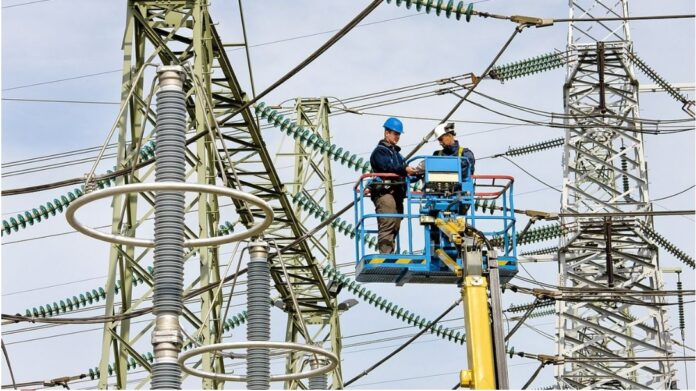New companies cannot establish themselves in our province for the time being: the power grid is full. Private individuals can still get a new connection, but there is no more room for companies, announces TenneT the electricity grid provider. The high-voltage grid in both provinces is almost at maximum capacity due to the fast-growing demand for electricity,
TenneT is a leading European grid operator (TSO), providing power transmission services, and system services and facilitating the energy market.
Energy infrastructure reaching limits
This is a disastrous development from an economic point of view, says Tilburg University employment expert Ton Wilthagen. “The arrival of new companies is apparently blocked. Brabant is the growth engine of the Dutch economy. If we can no longer grow here, the whole of the Netherlands will immediately be locked.”
TenneT announced on Wednesday that no more companies can be connected. This decision is ‘unprecedented and unacceptable, says the Brabant deputy Anne-Marie Spierings. TenneT and the government have to quickly develop an action plan. In collaboration with the region and market parties more and smarter capacity on the electricity network must be planned.
New large connections may need the purchase and supply of electricity. But, they will be queued for an indefinite period of time. Deputy Anne-Marie Spierings says, “Just now that we want to reduce dependence on (foreign) gas. The electricity infrastructure in a large part of the Netherlands is reaching its limits. This needs to be resolved as soon as possible.”
No longer connected
The impact of the decision of network owner TenneT will be enormous. It is clear that new companies cannot establish themselves in Brabant or Limburg if they need a large-scale consumer connection (larger than 3x80A). Also, the existing companies cannot invest in expanding the current connection either.
The residential construction will not be affected by the capacity shortage on the network. At least, for the time being. Some facilities require a large connection. Supermarkets, swimming pools or schools, can no longer be connected for the supply of electricity.
Consequences for the energy transition
TenneT’s decision has major consequences for the energy transition. The central connections in high-rise buildings or in neighbourhoods will get into the problem. They may consider a central heat pump or connection to a heat network. They can run into connection problems. Companies and organizations cannot switch from fossil energy sources to electricity.
Wind farms and solar meadows do have permits. But, they don’t have a connection to connect. According to the commissioners, initiatives to process the permit procedure are also under pressure.
A surprising twist
The Netherlands Authority for Consumers and Markets investigated the investment plans of the grid operators and concluded in March that they would not be able to solve the shortages in the electricity grids in the next ten years. But, three months later, TenneT has to make this decision for the south of the Netherlands has made the situation a surprise.
Sledgehammer
The overload of the power grid in Brabant and Limburg is a “sledgehammer blow for everything we consider important in the Netherlands”, says chairman John Jorritsma of the Brainport Foundation as a response. The partnership of tech companies around Eindhoven states that the stop of new business connections affects “sustainability, energy transition and activity”.
Sustainable and digitization of energy
Jorritsma defines this as a “sand in the economic engine of our country”.He points out that Brainport is the main hub of the Netherlands, just like Schiphol and the port of Rotterdam, “We make technology and machines with thousands of companies that are exported all over the world. Making energy more sustainable and digitization is essential to face this major transition.”
Source: Studio040, Omroep Brabant & TenneT
Translated by: Shanthi Ramani
















